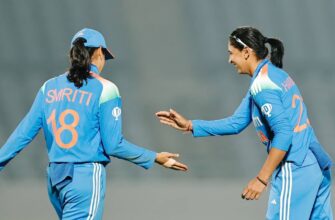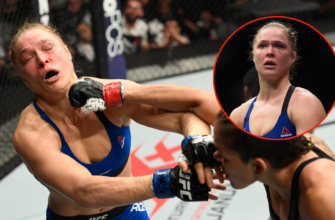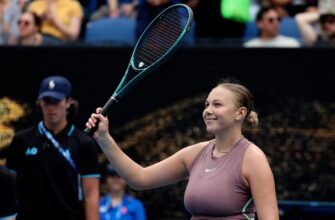A promising start to the season for All Blacks winger Caleb Clarke has encountered an unexpected and considerable setback. What was initially assessed as a minor ankle ailment has now escalated into a more serious injury, significantly impacting his availability for the hotly anticipated Rugby Championship 2025. This unfortunate development casts a distinct shadow over New Zealand`s preparations for the international season.
The incident occurred in the crucial hours leading up to the All Blacks` second Test match against France. Clarke, known for his explosive pace and power on the wing, was expected to be a pivotal figure in that encounter. Initial medical evaluations offered a glimmer of hope, suggesting a recovery period of merely two to three weeks. Such a timeline, while inconvenient, would have seen him return to the field well in advance of the most critical international fixtures. However, the capricious nature of professional sport often dictates that initial optimism can be a fleeting illusion.
The sobering update arrived from All Blacks head coach Scott Robertson, who confirmed that Clarke`s ankle injury is indeed more severe than first believed. The revised prognosis outlines a recovery period stretching between six to eight weeks. This extended duration directly impacts his participation in the Rugby Championship, which is scheduled to commence on August 16th. Consequently, Clarke is now set to miss at least half, if not the majority, of New Zealand`s campaign in one of rugby`s most intensely competitive tournaments.
For the All Blacks, Clarke`s absence presents a notable strategic challenge. As a formidable attacking weapon, his unique combination of speed, raw power, and defensive acumen has proven to be a crucial asset on the field. His consistent ability to break through defensive lines and capitalize on scoring opportunities frequently provides the vital spark required in closely fought matches. While New Zealand rugby is renowned for its exceptional player depth, the loss of a player of Clarke`s caliber for such a critical block of matches will undoubtedly necessitate immediate tactical adjustments from Robertson and his coaching ensemble.
The timing of this injury is particularly inopportune, striking just as international teams are in the final stages of refining their squads and strategies for a demanding schedule. It serves as a stark reminder of the delicate balance between achieving peak physical performance and maintaining resilience in the high-impact environment of professional rugby. For Clarke personally, this is an undeniably frustrating setback, as it sidelines him from competitive action at a moment when he would be eager to solidify his position and contribute significantly to the All Blacks` quest for championship honors.
As the Rugby Championship draws nearer, attention will inevitably turn to how the All Blacks navigate this significant blow. While the immediate focus remains on Clarke`s comprehensive recovery, the broader conversation will shift to identifying which emerging talents or established players will rise to the occasion and effectively fill the void. The path to championship glory frequently tests a squad`s true depth and adaptability, and for New Zealand, this early season challenge has presented itself with an unexpected and rather emphatic clarity.








